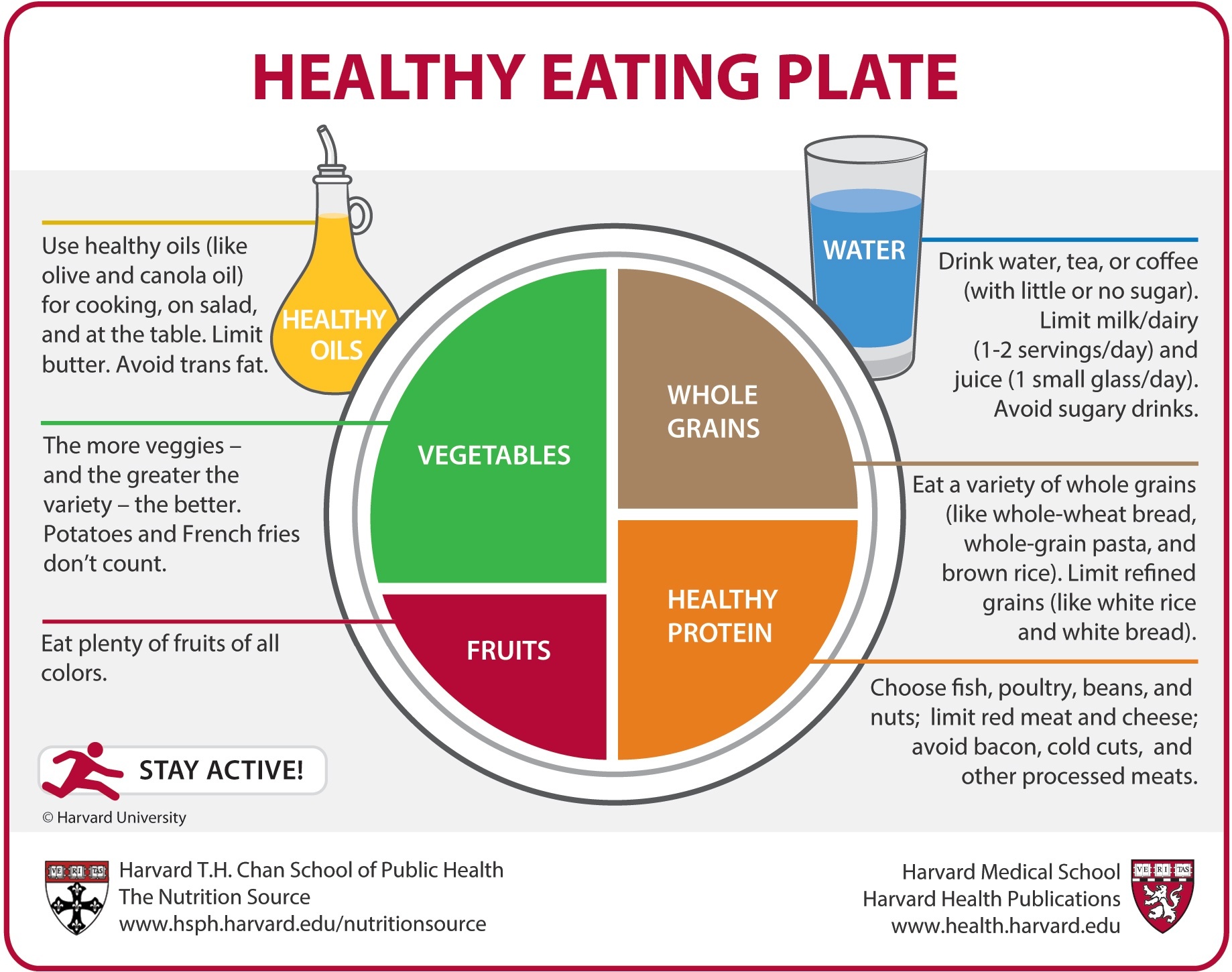Eating healthy food fills your body with energy and nutrient. Imagine your cells smiling back at you and saying: ‘thank you!’
Karen Salmansohn
Let food be your medicine, your medicine shall be your food.
attributed to Hippocrates
(Greece c. 460-c. 370 BC – the ‘father’ of western medicine)

Being a student often means busy schedules with all your classes, homework, projects, revisions, and also extra-curricular activities, like sports and socializing. You may be tempted to skip meals to free up some time, but this is not a wise decision. Your body and brain need food to keep functioning properly. Did you know that your brain uses more energy proportionally than any other organ? Eating regularly and well will help focus, concentrate and learn.
 Tips & Techniques
Tips & Techniques 
First of all, never skip any meal. Your body needs regular food intake to function at its best. A typical daily meal schedule should include breakfast, a morning snack, lunch, an afternoon snack, and an evening meal.
Chose quality over quantity. A healthy meal is made of ¼ to ⅓ portion of proteins (e.g., poultry, fish, eggs, beans, nuts), ½ portion of vegetables and fruit, and ¼ to ⅓ portion of carbohydrates, ideally, whole grains (e.g. bread, rice, pasta, potato, cereals). Have a look at a typical healthy eating plate provided by Harvard Medical School.
To boost your brain, think of healthy snacks such as fresh or dried fruits, nuts, whole wheat crackers, dark chocolate, hard-boiled eggs, yogurt, cheese, blueberries, and more.
Drinking water is vital for the healthy-functioning of your body. It is common knowledge that an adult should drink between 1.5 and 2 liters of water per day. Drink regularly throughout the day and don’t wait until you feel thirsty. By then your body will already have switched to a type of survival mode which will have an impact on your concentration and wellbeing. Not drinking enough may also cause you headaches. There are many ways to consume water, including eating soup, vegetables, and fruit.
Take the time to enjoy the food and savor it. This is called mindful eating. Mainly it means you do nothing else while you are eating to allow your body to take full advantage of the taste, the smell, the texture, and each nutritional component of each nutrient you are supplying it with. Avoid eating while watching TV or working on your homework for example. Eat slowly, in a set place, at a set time, and chew each bite thoroughly. This will allow you to better identify when your body tells you it is full, and you should stop. If you are interested to learn more about mindful eating, please visit https://www.thecenterformindfuleating.org/
Use your meal times as social moments – eat together with friends and classmates. This will contribute to your mental wellbeing as well as your physical well-being.
 Contact us
Contact us 
The Welfare team:
The Learning Support team:




